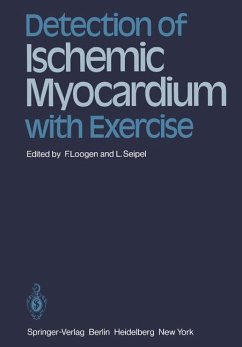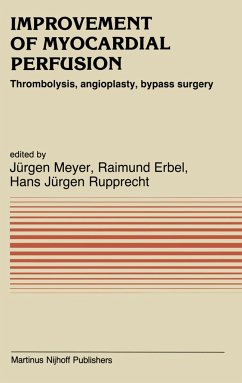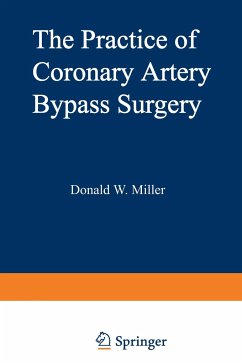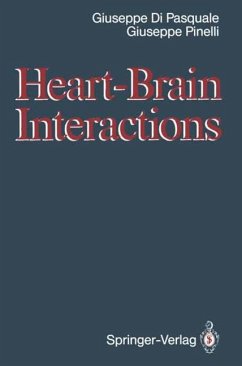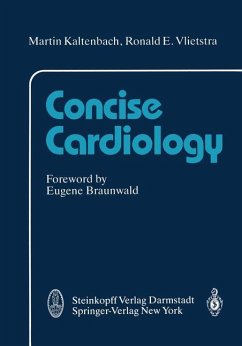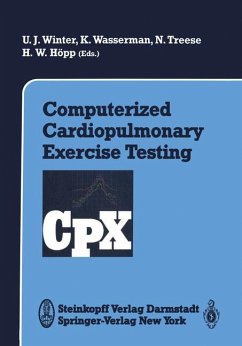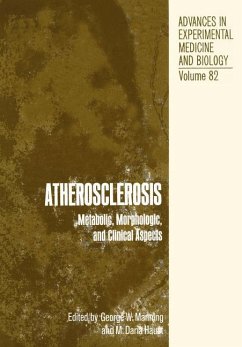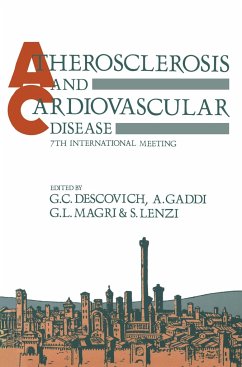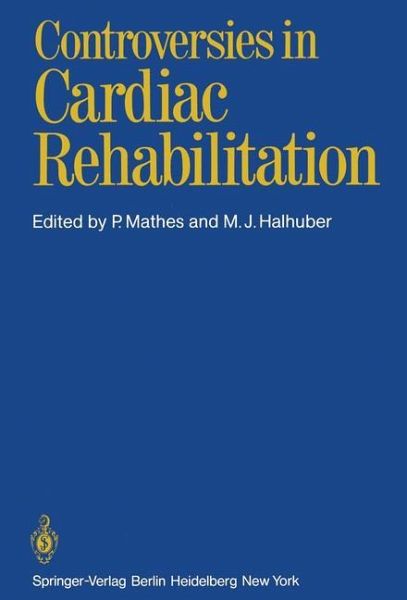
Controversies in Cardiac Rehabilitation

PAYBACK Punkte
20 °P sammeln!
This book contains the proceedings of a conference organized by the Klinik Hohenried at the Evangelische Akademie in Tutzing under the patronage of the International Society of Cardiology - Council on Rehabilitation - from Febr. 12-14, 1981. The purpose of the meeting on Current Problems in Cardiac Rehabili tation was to come closer to answering the questions posed in the fol lowing pages, and to make some opinions about cardiac rehabili tation less contoversial. To comment briefly on the interesting question of why opinions in the field of cardiac rehabilitation seem more controversial than i...
This book contains the proceedings of a conference organized by the Klinik Hohenried at the Evangelische Akademie in Tutzing under the patronage of the International Society of Cardiology - Council on Rehabilitation - from Febr. 12-14, 1981. The purpose of the meeting on Current Problems in Cardiac Rehabili tation was to come closer to answering the questions posed in the fol lowing pages, and to make some opinions about cardiac rehabili tation less contoversial. To comment briefly on the interesting question of why opinions in the field of cardiac rehabilitation seem more controversial than in other fields of cardiology, we would like to propose the following explanation: 1. Lack of personal experience and lack of special training in cardiac rehabilitation are a major source of misunderstandings and differ ences of vocabulary between cardiologists engaged in clinical practice and in rehabilitation. 2. Emotional problems in accepting a new kind of partnership between coronary patients and their physicians and a "nihilistic attitude" towards therapy of behaviour play an important role in the scepti cism of cardiologists. 3. Fear of an expensive "overmedication" (I. Illich) is another argu ment concerning rehabilitation.





